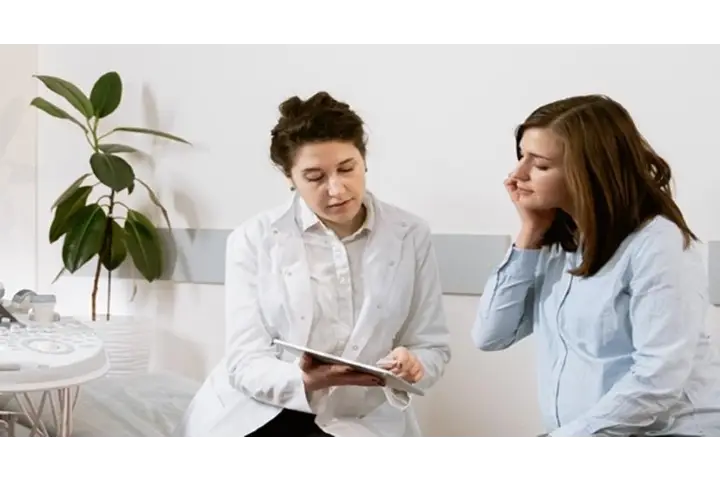With the expansion in scope of Ayurveda treatment especially in the wake of the Covid 19 outbreak, initiatives must be taken towards building an effective and resilient insurance programme for this line of medicine, Rajiv Vasudevan, MD & CEO, AyurVAID Hospitals, Bengaluru, has said. In an article, published by the Research and Information System for Developing Countries’ (RIS) Forum on India Traditional Medicines (FITM), he underlined the need to include costs for Ayurveda medical care and hospitalisation for secondary and tertiary prevention of diseases under the Ayushman Bharat Pradhan Mantri Jan Arogya Yojana.
“This will accelerate Ayurveda hospital capacity creation in the private sector as also enable Government hospitals and medical college hospitals to upgrade the quality of services,” he said.
Also read: Ayush Minister announces major plans to boost initiatives in N-E
According to Researchgate — a European social networking site for scientists the total size of the Indian Ayurveda market is about Rs 50 billion, growing between 10-15 per cent.
Some of the main players in this segment comprise Dabur India, The Himalaya Drug Company, Patanjali Ayurved, Kerala Ayurved Ltd among others besides ultra-luxury brands such as Forest Essentials. Hamdard India too comes under the alternative medicine promoting Unani stream, which much like Ayurveda is focused on natural remedies.
“Stress, anxiety is at an all-time high, not ignoring more severely debilitating mental health conditions,” Vasudevan said, adding that Ayurveda’s evolving role in preventing, mitigating, treating, and rehabilitating Covid patients over the last one year has led to a huge public trust build-up in the system nationwide. Vasudevan said that this should be cautiously and prudently leveraged with evidence-based products and services for not only Covid but also other Communicable Diseases such as Dengue, TB, etc. that are widely prevalent in the country.
He noted that at 4.2 per cent of GDP India has the lowest healthcare spend amongst BRICS countries, with the government spending a mere 1.1 per cent of GDP.














